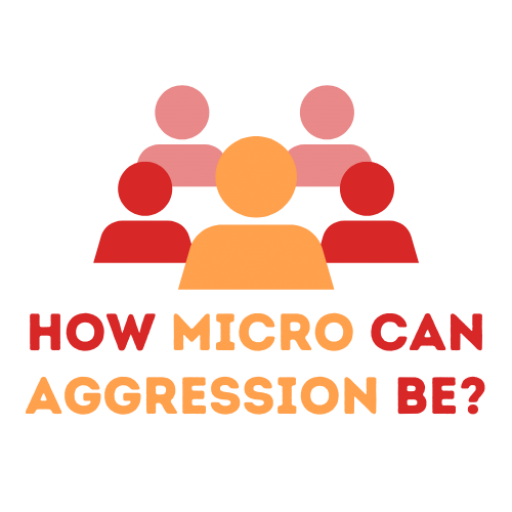Step 2: Processing Micro-aggressions
After participants place their index cards in the designated categories, facilitator can check all the statements and their placements, and have a discussion (30-40 minutes).
“How was the experience?”
“What feelings came up for you in reviewing these statements?”
“What came up in dialogue with your peers about these statements?” and,
“Which ones were difficult, and why?”
→ A common misconception about micro-aggressions is that a seemingly positive, well-intentioned comment couldn’t possibly be micro-aggressive. In this case, you need to talk about why positive statements could still be categorized as micro-aggressions.
Can be asked, “Is it true that if we are kindhearted and well-intentioned, nothing we say or do can hurt? ”
→ When people refuse to acknowledge that certain statements are micro-aggressions, a discussion should be done:
“What makes people reluctant to consider their comments or actions as micro-aggressions?“
“What comes up for you when you realize you might have enacted micro-aggressions with clients, friends, or acquaintances?” and
“I know for me, when I realize I’ve stated a micro-aggression, I turn right to shame and defensiveness. The way I work through that is … ”
→ In case learners don’t see the negative impact of micro-aggressions, or doubt whether brief, well-intentioned statements can hurt , the facilitator explains how experiencing multiple micro-aggressions over time can lead to the greatest threat to a person’s well-being.
